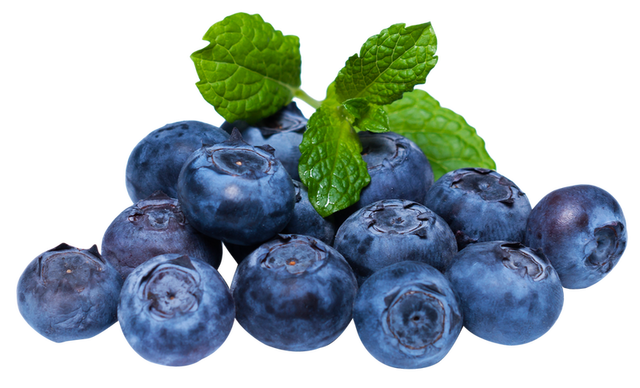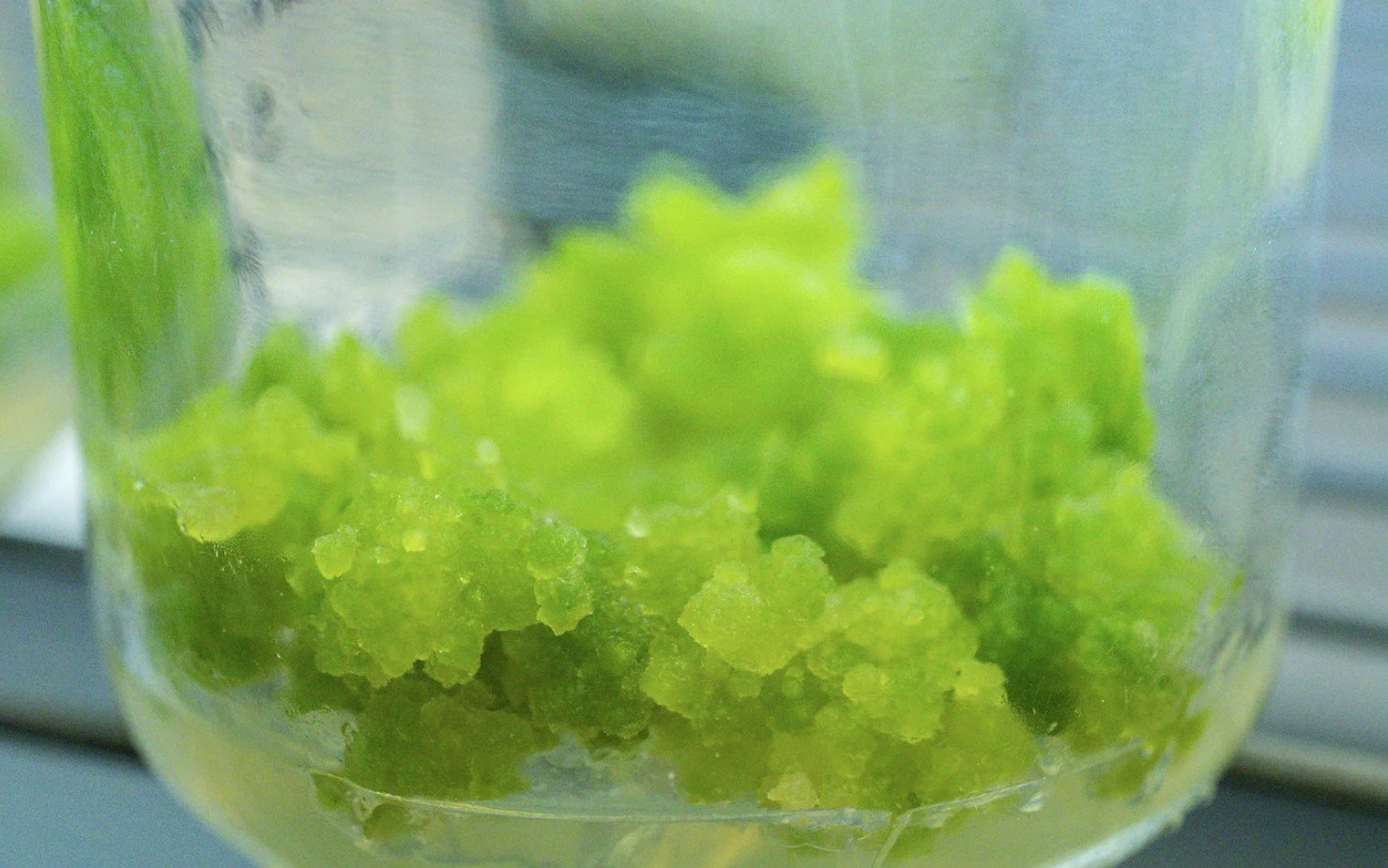Start-ups innovation
— Column
Thinking outside the field:
Plant nutrients - without the plant
KEYWORDS
Plant
Cell-culture
Bioactive compounds
Bioreactors
Sustainability
Environmental impact.
The global demand for natural plant ingredients is expected to continue its exponential growth (1).
Transforming the current food system towards the goals of providing healthy diets and environmental sustainability constitutes one of the grand challenges of current times. Achieving these targets is a fundamental prerequisite to meet the UN Sustainable development Goals (SDGs) (2).
Growing plant cell culture in a controlled environment, in bioreactors, is more efficient than using thousands of acres to produce food components from a whole plant and dispose of 99% of it as waste (3).

State of the art/Analogs
The traditional supply chain for botanical nutrients is complex (4). It requires high production volumes, uses vast areas of land and a huge amount of water, and relies on environmentally detrimental fertilizer and pesticides derived from fossil resources (5). This puts a strain on the environment and natural resources. Thus, efficient alternatives for micronutrients production are desperately needed to lighten the ecological footprint of this industry.
At Novella, we offer a more sustainable solution.
What made you decide to open the start-up? Have you conducted a market assessment?
I have been researching insects in the food industry since 2017, and I believe in the nutritional, sustainable, and economic value edible insects provide. As the first insect manufacturer was approved by EFSA and European Commission in 2021, it was a huge milestone and assurance that this is big! And I took the opportunity for Carlos’Bugs to be one of the pioneers by creating food products made of insects that are good for us.
According to Cordis EU research results (1) “Europe’s plant-based food industry grew 49 % overall in 2018-2020, amounting to a total sales value of EUR 3.6 billion”. I see that alternative meat, dairy, and fish products are no longer a novelty; it is just a matter of time before insects are broadly included in our food system.
I researched “Latvian’s willingness to consume insects” during my Master’s studies in 2020, and the results showed that 36% of 913 survey participants would eat insects daily. Several research papers in the EU shows similar results.
And according to a forecast by the International Platform of Insects for Food and Feed (IPIFF) (2): “the insect consumers will reach 390 million by 2030 in EU”. To my calculations it would be 83% of the Europe’s population.
Insects are sustainable, nutritious and EU novel food approved – this is the right time!
Fill in the gap
I’m passionate about creating new innovations - from conceptualizing an idea and transforming it into something people truly value; I've done this repeatedly in my career in the food-tech industry as well as during 12 years of researching the human body and how it is being affected by nutrition. Today, I am continuing the journey of discovering the power of nature as the Co-Founder and CPO at Novella. Gladly, people around the world re-appreciate the importance of high-quality nourishment and well-being. The increasing consciousness among people about consuming essential nutrients is what is driving the growth of the global bioactive ingredients market. Valued at USD 173.22 billion in 2022, it is anticipated to grow at a compound annual growth rate (CAGR) of 7.9% from 2023 to 2030 (6). However, the current way of producing bioactives is unsustainable and has a negative environmental impact. That is why at Novella we have decided to simplify the delivery of natural bioactive ingredients at the cellular level.
Established in February 2022 in Israel, Novella Innovative Technology Ltd is a fresh and sophisticated start-up operating within the Nutri-Tech arena. Our laboratory and offices are located in Modiin, and our team is a great blend of experts from different fields of cell culture, business development, marketing, and nutrition. Together we are cultivating a healthier future for everyone, whilst not compromising on the planet! You can find out more about Novella at www.novella.co.il.
What do you offer?
Novella cultivates plant nutrients in bioreactors without growing the whole plant, thus simplifying the supply chain and contributing to sustainability. We offer a wholistic technological and biological solution, by turning plant cells into a farmhouse for commercial production of bioactive compounds, as well as by using these cells as the delivery vehicle for transporting the actives into the body- a vehicle that is designed by nature.
We are developing a plant cell powder from various sources, all possess high nutritional values and demonstrate great performance. Our customers amenate from the food and health industry.

Why you?
At Novella, we tackle the problem at its source - the plants - to improve yields and performance through innovative technology. Unlike traditional methods in which the majority of the plant's biomass goes to waste, Novella cultivates plant cells in bioreactors for a fully controlled, sterile, and continuous production of bioactive compounds. This allows us to overcome challenges like field contamination, supply chain disruptions, and seasonal availability. Our process results in uniform and consistent final products, unlike the variable quality of naturally sourced compounds.
Challenges
Scaling up cell growth in bioreactors refers to increasing the production of cells in a controlled environment, such as a laboratory or industrial setting. This process can be challenging as it requires complex technology and a controlled environment to ensure optimal growth conditions.
In terms of consumer acceptance, there may be a need to educate the public on the benefits of cell-derived nutrients and address any concerns they may have. This is similar to the effort required to increase the acceptance of cultured meat, which is produced through cellular agriculture.
Finally , there are regulatory constraints in using plant cell culture for human consumption. Different geographical regions may have different regulations and approval processes, making it challenging to ensure the product meets the necessary standards for use by consumers.
Perspectives
At Novella, we are passionate about creating natural, premium botanical products for B2B markets. Our goal is to make a positive impact on people's lives and the environment through our innovative technology. We would be thrilled to collaborate with like-minded companies and investors to bring our vision to life. Let's work together to make a difference!
I, personally, am excited to continue this journey and be a part of this industry's efforts to innovate and improve our world.

References and notes
- https://www.futuremarketinsights.com/reports/botanical-ingredients-market#:~:text=Botanical%20Ingredients%20Market%20Outlook%20%2D%20(2022,USD%20331.9%20Bn%20by%202032
- https://www.un.org/sustainabledevelopment/sustainable-development-goals/
- Ochoa-Villarreal M, Howat S, Hong S, Jang MO, Jin YW, Lee EK, Loake GJ. Plant cell culture strategies for the production of natural products. BMB Rep. 2016 Mar;49(3):149-58.
- Rischer H, Szilvay GR, Oksman-Caldentey KM. Cellular agriculture - industrial biotechnology for food and materials. Curr Opin Biotechnol. 2020 Feb;61:128-134.
- Xu J, Zhang N. On the way to commercializing plant cell culture platform for biopharmaceuticals: present status and prospect. Pharm Bioprocess. 2014 Dec 1;2(6):499-518.
- https://www.grandviewresearch.com/industry-analysis/bioactive-ingredients-market

